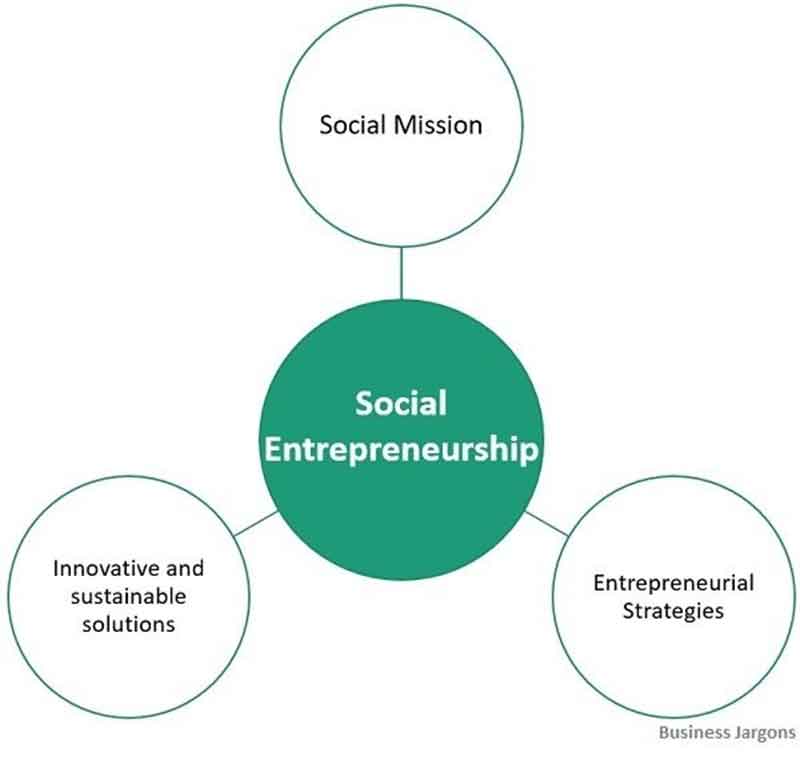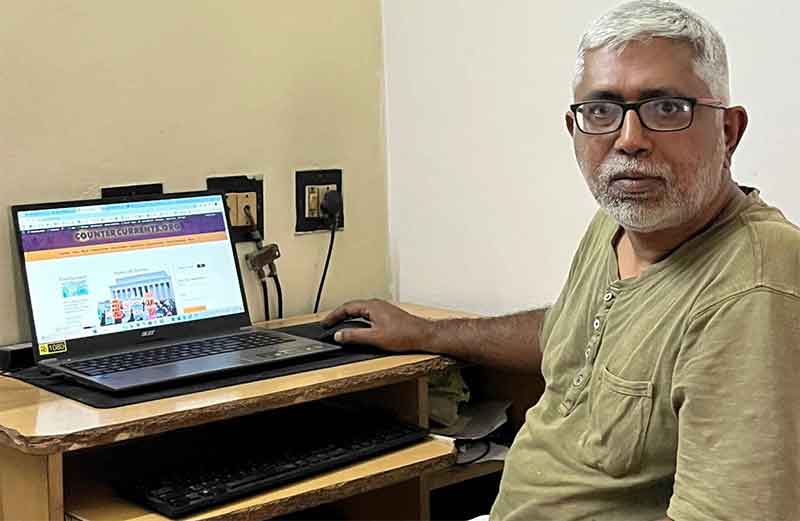
For years, social entrepreneurship lingered on the margins of management education in India. It was discussed, occasionally admired, but rarely given a central role in business school curriculums. That’s finally changing, and not a moment too soon.
Across the country, top institutions like the Indian Institutes of Management (IIMs) are beginning to treat social entrepreneurship not as a side project, but as a legitimate, rigorous domain of study. They’re offering courses, encouraging research, and even launching dedicated centers. Alongside them, newer institutions are building entire programs around the idea that businesses can and should solve social problems.
One such institution making quiet but significant waves is the Indian School of Development Management (ISDM). Unlike traditional B-schools, ISDM was designed from the ground up to focus on the social sector. What makes it stand out is what it teaches and how it teaches. There’s as much emphasis on peer learning and critical reflection as there is on frameworks and models. The classroom often feels more like a lab for reimagining systems than a space for rote learning.
But institutions don’t just drive this shift, students are also powering it. More young professionals are turning away from conventional corporate ladders and asking deeper questions: What kind of work matters? Whom does it serve? Can business be ethical and effective? Increasingly, the answers are leading them toward the social sector.
At ISDM, for example, many students arrive with impressive resumes, consultants, project managers, and sector specialists, yet are looking for something more aligned with their values. Their career goals shift from maximising shareholder value to maximising social outcomes. Roles in philanthropic foundations, impact investing, community-based organisations, and social enterprises are no longer seen as fallback options—they’re becoming intentional first choices.
A unique feature of ISDM’s approach is something called Context-Based Collaborative Learning (CBCL). Here, students don’t just learn from books or lectures; they engage in deep, one-on-one, and group dialogues with experienced bricoleurs (practitioners who’ve built careers in the social sector by drawing from diverse, real-world experiences). These conversations focus on students’ individual learning journeys while grounding them in key development lenses like collaboration, equity, and social justice—concepts often sidelined in mainstream management education.
Even the campus itself is far removed from the glass-and-steel aesthetics and reflects a different ethos. There’s a palpable sense of freedom. freedom of thought, expression, and inquiry. Students are encouraged to speak their minds, share their struggles, and know they’ll be seen and heard. The community is deeply intergenerational too: alumni frequently return to share their journeys, many of whom are now charting independent paths as social entrepreneurs, policy advocates, or institution-builders in the development space.
Social entrepreneurship in India is no longer just a buzzword, it’s a career path, a lens, a practice. And as Indian business schools open their doors wider to this way of thinking, they’re not just producing better managers. They’re cultivating a new kind of leadership, one that knows how to navigate complexity, hold empathy, and still get things done.
Anchal Kashyap is a PhD scholar at Jindal Global University









































